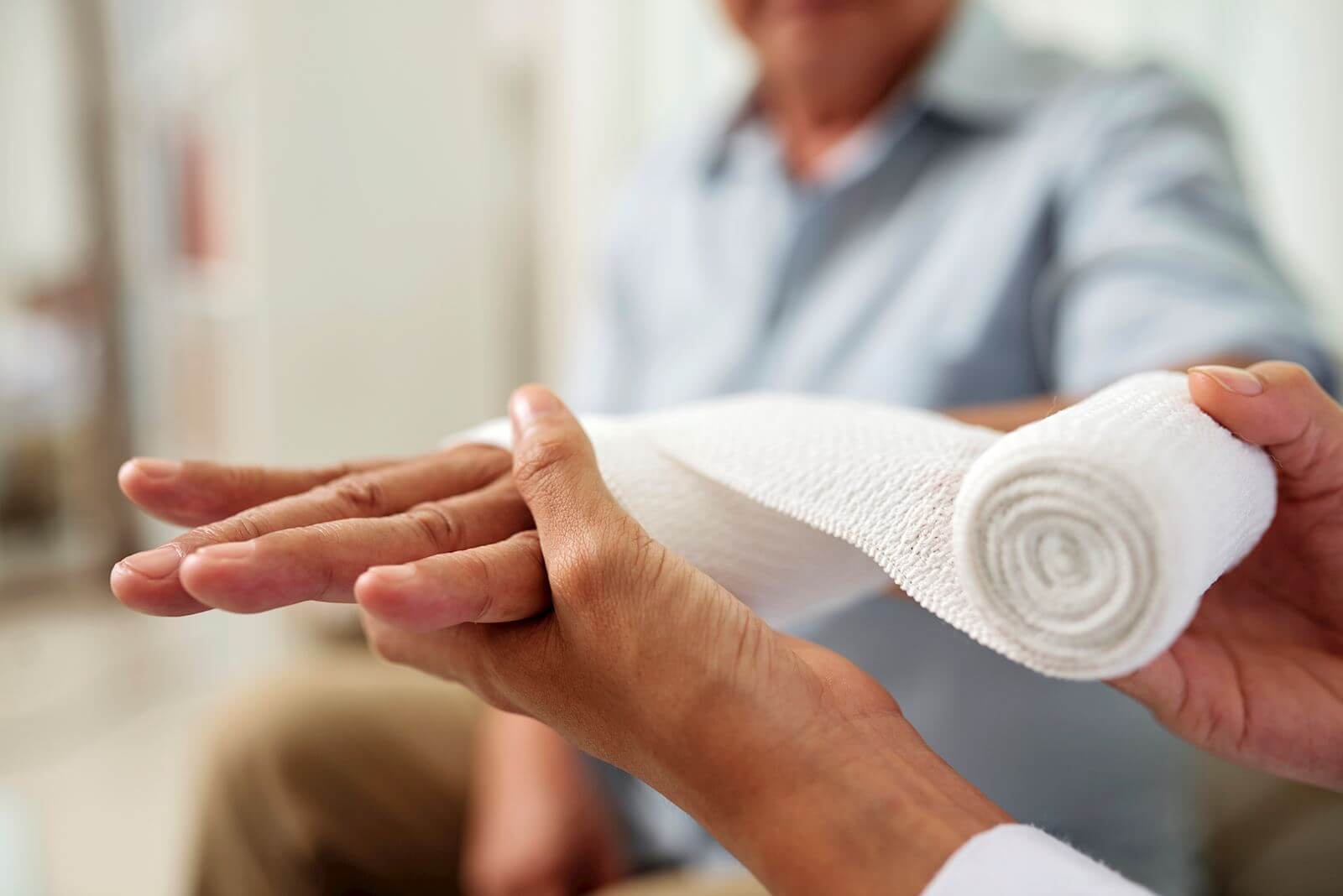Urgent care clinics aim to fill the space between primary care and emergency room visits. A primary care physician understands your health history and should be your first choice for most medical care. However, in situations where you are experiencing illness, injury or pain, sometimes waiting for the next available appointment with your primary care physician is not an option.
The goal of an urgent care doctor is to diagnose the cause of and treat illness or injury in patients who find themselves in uncomfortable but non-life-threatening situations. This frees up the emergency room for true emergencies and primary care for your overall health needs.
That said, knowing when to go to urgent care can be confusing. Here are some of the most common issues seen in children and adults that are treatable by your urgent care provider.
Reasons for an urgent care visit vary based on age.
Children and adults often visit urgent care clinics for different reasons. For kids, urgent care activity picks up during the school year, due to an increase in illness and sports injuries.
“We’ve seen kids come in lately with RSV and croup, those have both picked up quite a bit,” says West Des Moines Urgent Care physician Dr. Tim Colby. “Simple strep, ear infections and pink eye — those are all very common in kids.”
Hand, foot and mouth disease is another common children’s virus that may result in an urgent care visit. Adults are also able to contract hand, foot and mouth disease, but it’s less likely.
As mentioned, COVID-19 concerns bring in adults and children. Other common issues that bring adults into urgent care include sinus infections, viral gastroenteritis and dehydration.
“We get a lot of stomach flu, or gastroenteritis, and dehydration where we give IV fluids,” says Dr. Colby. “We do abdominal workups often, as many people come in with stomach pain, and we have CT scans available if needed.”
Dr. Colby says that the reasons for abdominal pain tend to vary. The reasons people come in with abdominal pain can range anywhere from simple constipation to severe abscess diverticulitis to appendicitis. Those types of things are usually found with a CT scan. The Iowa Clinic Urgent Care facilities also have access to a full lab to run tests to determine the exact cause of your pain.
Different seasons bring different reasons to visit urgent care.
While the ongoing ebb and flow of COVID-19 cases has added some unpredictability to seasonal trends in urgent care activity, there are still plenty of predictable factors that drive visits.
Fall and winter seasons always tend to be fairly active for urgent care.
“It’s usually about two weeks into the school season that urgent care visits will start to pick up,” Dr. Colby says. “Concussions are something we see a lot of during the school year because once school starts, we have football, wrestling, volleyball, basketball, soccer — all concussion sports.
“And then the flu season starts up,” Dr. Colby continues. “Then we get into the winter injuries, where we see a lot of broken wrists from people slipping and falling. That’s fairly common.”
Urgent Care When You Need It Most
The Iowa Clinic has three convenient Urgent Care locations in the Des Moines area, located in Ankeny, West Des Moines, and South Waukee.
Dr. Colby notes that this past summer was abnormal with RSV and croup cases holding steady as the more contagious Delta variant made its rounds locally and across the U.S. However, just like in the fall and winter months, certain seasonal activities lead to more urgent care visits.
“For kids and adults, usually in the summer, we see a lot of injuries,” says Dr. Colby. “And we’ll see the typical summer colds. We also tend to see an uptick in lacerations, such as a fishing hook in the finger. Broken bones, sunburns and allergies are also common summer issues.”
2 simple tips for staying out of urgent care.
While urgent care clinics serve a specific purpose, in an ideal world you wouldn’t have to go to one at all — or at least not frequently. The secret to staying out of the urgent care clinic?
“It’s really good hygiene and handwashing,” Dr. Colby says. “I always tell patients to never touch their face unless they’ve washed their hands or used hand sanitizer. People don’t always think about touching their eyes — it’s a mucous membrane — that’s a way to spread illness.”
In addition, Dr. Colby says if you have a fever, you should always stay home from work or school. So as not to spread illness around in a way that causes others to have to go into urgent care.
“You want to be fever-free for 24 hours without the use of ibuprofen or acetaminophen before going back to work or back to school. That will greatly reduce your risk of being contagious,” Dr. Colby says. “But you could still be contagious without the fever. I really think that’s why flu season didn’t amount to much last year. Everybody was very adamant if you have a fever, stay home.
“Just stay home when you are sick and don’t feel like you have to go somewhere,” Dr. Colby says.
In the event that you do find yourself with sudden illness, injury or pain, it is likely there is an urgent care clinic nearby that can help diagnose and treat whatever is ailing you. The Iowa Clinic runs three primary urgent care locations within its South Waukee, West Des Moines and Ankeny campuses.


